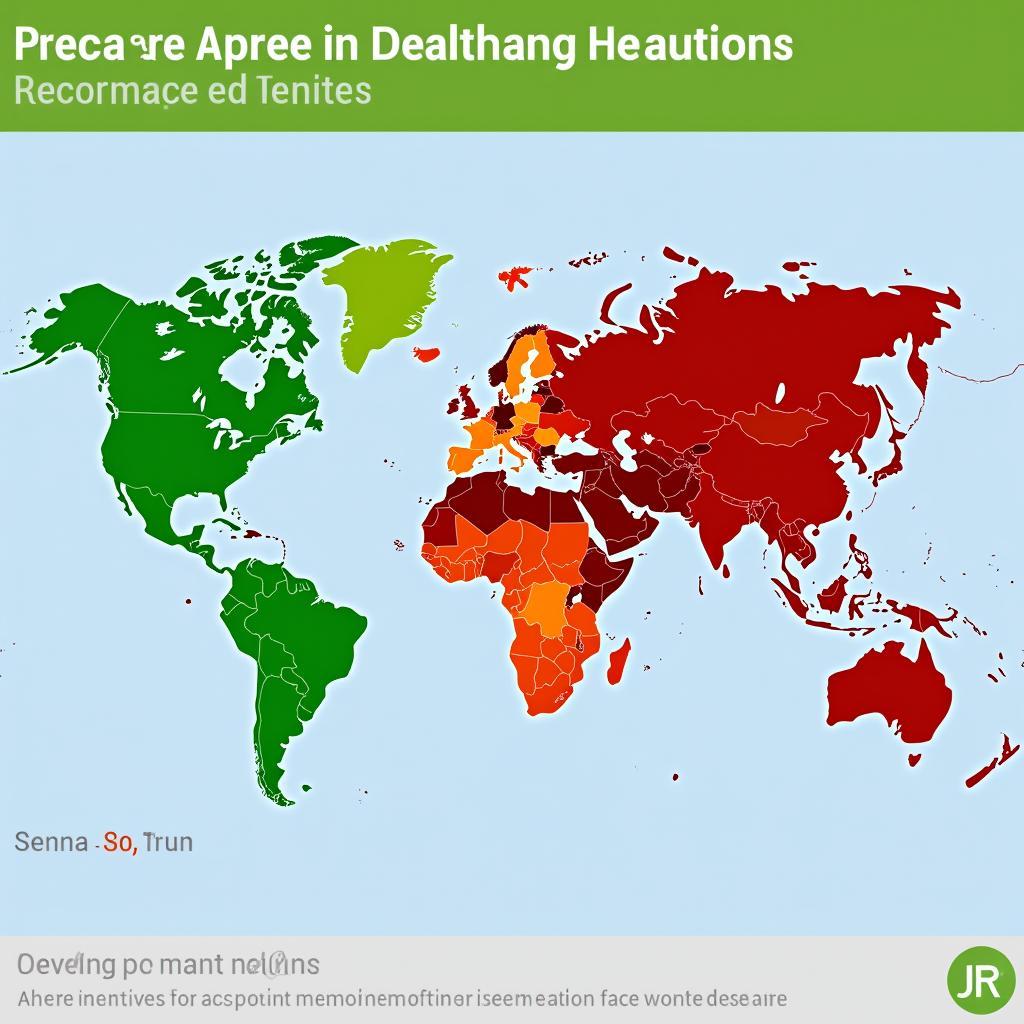Health, medicine, and society are inextricably linked, influencing each other in profound ways. From the societal factors that shape individual health outcomes to the advancements in medicine that transform our lives, understanding this interplay is crucial for building a healthier and more equitable future. Access to quality healthcare is not merely a medical issue; it’s a societal imperative that reflects our values and priorities. This article explores the multifaceted relationship between health, medicine, and society, examining how societal structures, cultural beliefs, and economic systems impact health and access to care.
The influence of society on health is pervasive, affecting everything from our daily habits to our overall well-being. Socioeconomic factors like poverty, education, and employment play a significant role in determining an individual’s health status. For example, individuals living in poverty often lack access to nutritious food, safe housing, and quality healthcare, increasing their risk of developing chronic diseases. Education empowers individuals to make informed decisions about their health and seek appropriate care. Similarly, stable employment provides access to health insurance and resources that promote well-being. Furthermore, social determinants of health, such as access to clean water and sanitation, also play a crucial role.
Cultural beliefs and practices also shape health behaviors. Some cultures may prioritize traditional healing methods over modern medicine, while others may hold stigmatizing views about certain health conditions, preventing individuals from seeking timely treatment. Understanding these cultural nuances is essential for developing culturally sensitive healthcare interventions. For example, the American Society for Tropical Medicine and Hygiene works to understand and address health challenges within specific cultural contexts.
How Societal Structures Shape Health Outcomes
The structure of society, including its political, economic, and legal systems, plays a significant role in shaping health outcomes. Policies that promote health equity, such as universal healthcare coverage and investments in public health infrastructure, can improve population health. Conversely, policies that exacerbate inequalities, such as discriminatory housing practices and limited access to education, can negatively impact health outcomes.
The Role of Public Health Initiatives
Public health initiatives are essential for addressing societal health challenges. Programs that promote healthy lifestyles, prevent disease, and provide access to essential healthcare services can significantly improve population health. These initiatives often focus on addressing social determinants of health, such as poverty, lack of education, and environmental factors, to create healthier communities.
The Evolution of Medicine and its Impact on Society
Medical advancements have revolutionized healthcare, extending lifespans, eradicating diseases, and improving the quality of life for millions. From the development of antibiotics to the advent of gene therapy, medical innovation continues to transform the way we approach health and illness. However, these advancements also raise ethical and societal questions about access, affordability, and the equitable distribution of resources.
Access to Healthcare: A Global Challenge
Access to quality healthcare remains a global challenge. Many individuals, particularly in low-income countries, lack access to even basic healthcare services. This disparity highlights the need for global cooperation and investment in healthcare infrastructure and workforce development. Exploring opportunities in medicine health and society jobs can help bridge this gap.
 Global Healthcare Access Disparity
Global Healthcare Access Disparity
Balancing Medical Advancements with Societal Needs
While medical advancements offer incredible promise, it’s crucial to ensure that these advancements are accessible and beneficial to all members of society. This requires addressing the social, economic, and ethical challenges that arise with new technologies and treatments. The Society of Vascular Medicine exemplifies this by focusing on both research and accessible care. Furthermore, initiatives like the one at Medicine Health and Society Vanderbilt demonstrate a commitment to understanding the societal implications of medical progress.
Addressing Health Disparities
Health disparities, the differences in health outcomes between different groups, are a significant concern. These disparities are often rooted in social and economic inequalities, highlighting the need for interventions that address the root causes of health inequities.
 Bridging the Healthcare Gap
Bridging the Healthcare Gap
Conclusion
Health, medicine, and society are interconnected in a complex web of relationships. Understanding this interplay is essential for creating a healthier and more equitable world. By addressing the social determinants of health, promoting access to quality care, and fostering a culture of health and well-being, we can build a future where everyone has the opportunity to thrive. Health, medicine, and society—together, we can create a world where health is a fundamental right, not a privilege.
FAQ
- What are social determinants of health?
- How does poverty affect health outcomes?
- What is the role of culture in shaping health behaviors?
- How can we improve access to healthcare globally?
- What are the ethical considerations of medical advancements?
- How can society promote health equity?
- What is the importance of public health initiatives?
Situations for Common Questions:
-
Scenario: A single mother struggles to afford healthy food for her children and worries about their health.
- Possible Questions: Where can I find affordable healthy food options? Are there government programs that can assist me with food costs? How can I ensure my children are getting the nutrition they need on a limited budget?
-
Scenario: An elderly individual feels isolated and lonely, impacting their mental and emotional well-being.
- Possible Questions: Are there community programs or support groups for seniors? How can I connect with others and combat loneliness? What resources are available to support my mental and emotional health?
Further Exploration:
You may also find helpful information in these articles:
- Humane Society Orange Park Florida (for resources on animal welfare, which can indirectly impact human health)
Contact Us
When you need support, please contact us at Phone Number: 02043854663, Email: [email protected] Or visit us at: Zone 34, Bac Giang, 260000, Vietnam. We have a 24/7 customer support team.